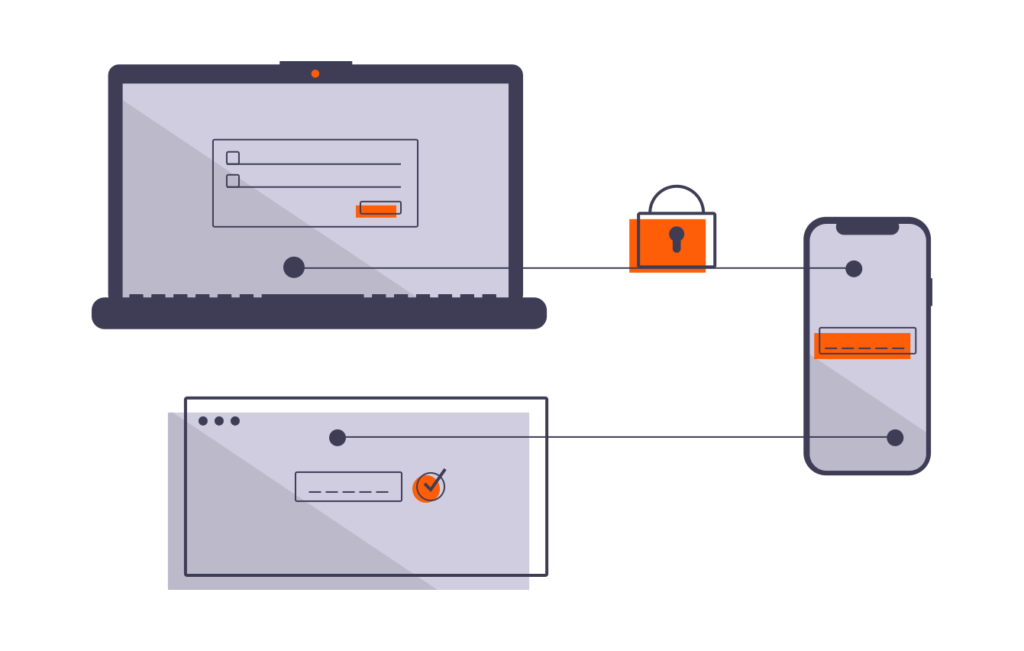No products in the basket.
Securing Your Online Presence: The Essential Role of VPNs in the Digital Age

- 2 min read
In the era of the internet, concerns about online security have become increasingly prevalent. Cyber threats, data theft, and attacks on governmental bodies or businesses are commonplace. Have you ever wondered about the information leaking out during your online sessions or if someone is monitoring your browsing activities? The reality is that internet browsing is not entirely anonymous, prompting the need for measures to stay secure and maintain anonymity online. One effective solution to consider is a Virtual Private Network (VPN).
So, what exactly is a VPN?
A VPN, or virtual private network, is a secure network that operates virtually without the need for additional physical devices. Accessible from any location and device, a VPN offers users nearly complete anonymity. Only those with authorized access can participate in file exchanges, document collaboration, and other activities, ensuring that outsiders cannot track these interactions.
Is it worthwhile to use a VPN?
In the online world, every activity leaves behind traces that can be exploited. While algorithms may tailor offers to our preferences, sensitive data can also be misused by hackers for malicious purposes. VPNs play a crucial role in safeguarding online activities. By using VPN tunneling, the content we view remains hidden from government agents and Internet Service Providers (ISPs). This is achieved through data encryption, preventing the collection and exploitation of user data.
Data masking and encryption are key components of VPNs.
When a connection is routed through a VPN server, it prevents data from being collected and misused by hackers. A VPN encrypts and masks online activities, replacing an individual’s IP address with that of the VPN server. This makes it challenging for anyone trying to monitor our recent online activities, as they would receive encrypted data that is virtually unintelligible.
In addition to personal use, VPNs are widely employed in companies.
Within a corporate setting, VPNs operate similarly, providing employees with access to shared company resources. This network ensures that only those with authorized access can use unique resources, safeguarding sensitive information from external threats. The encrypted nature of a company’s VPN prevents outsiders from tracking the activities of employees within the network.
In summary, a VPN is a powerful tool that protects against phishing, provides near-complete anonymity, and facilitates seamless network use across borders. For businesses dealing with confidential information, investing in VPN software ensures encrypted connections, offering a robust layer of security for online activities.
SHARE THIS POST
Facebook
Twitter
Pinterest
